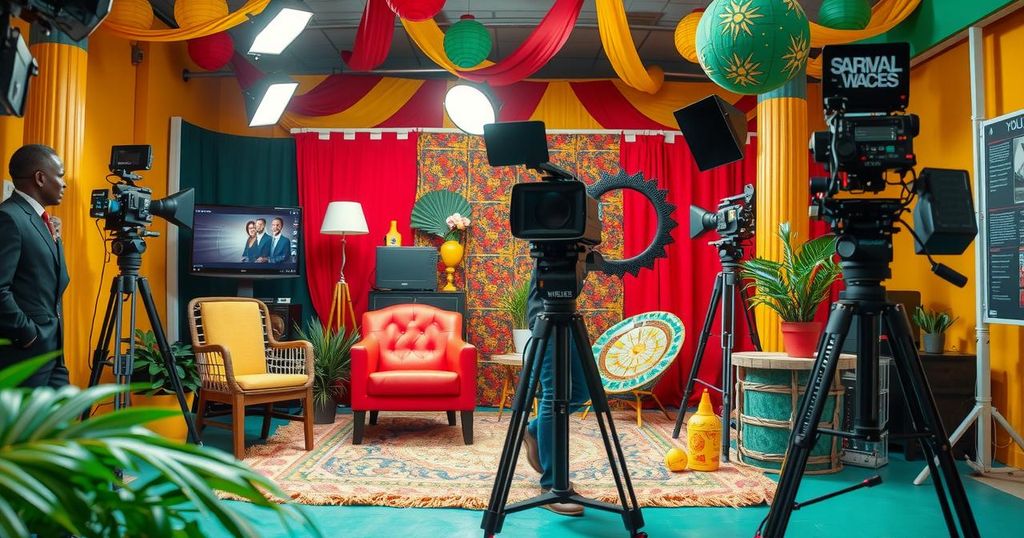Inside Nollywood: Nigeria’s Film Industry as a Cultural Powerhouse

Nollywood has evolved into a major cultural force since its founding in the 1992 film Living in Bondage. The industry has shifted from VHS tapes to theaters and streaming, while facing challenges like piracy. Recent films highlight its storytelling range, solidifying its global influence.
Nollywood, Nigeria’s dynamic film industry, has emerged as a significant cultural force, rivaling both Hollywood and Bollywood in film production. The industry’s inception can be traced back to the influential 1992 film Living in Bondage, which initiated a surge of low-budget films that resonate with the local populace through themes of culture and language. Over the years, Nollywood has transitioned from VHS tapes to feature films in theaters and has embraced streaming platforms, mirroring Nigeria’s intricate socio-political context.
Despite ongoing challenges such as piracy and restricted distribution channels, Nollywood remains popular due to its compelling storytelling and authentic representation of everyday African experiences. The recent successes of films like The Wedding Party, Lionheart, and Gangs of Lagos illustrate the industry’s diverse offerings, which span genres from comedy to drama and action. This expansion has significantly enhanced Nollywood’s global impact and cultural relevance.
In conclusion, Nollywood has transformed into a formidable cultural entity since its origins in the early 1990s. Its ability to adapt to changing technologies and address diverse narratives showcases its resilience and importance within the global film landscape. As Nollywood continues to produce impactful stories that reflect African life, it reinforces its status as a vital cultural influencer.
Original Source: iafrica.com






